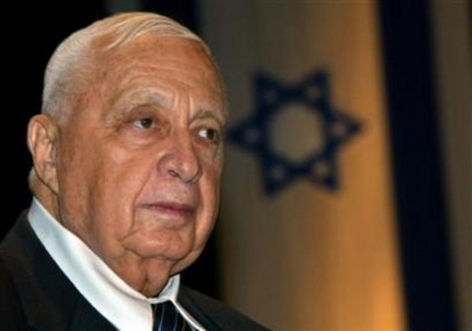Israeli Politics
Like most Americans, I suppose, I view Israeli politics almost entirely through the lens of the Palestinian problem. It’s useful to remind ourselves from time to time that they’re like pretty much any other democracy. This Haaretz story provides a classic example:
The Labor Party must concentrate its efforts on bringing about early general elections with the disengagement plan a central issue, leader of the opposition and Labor Party chairman Shimon Peres said Monday.
Addressing the party’s Knesset faction as the summer session of the parliament got underway, Peres said, “security is not in our hands. It turns out that [Prime Miniser Ariel] Sharon, whether or not he likes it, does not have a mandate from his own party. The nation must thus be given a chance to vote on the matter.”
“Those who voted for the Likud thought they were heading toward peace, security and a rejuvenated economy. None of these things have happened … It turns out that the rich have won, the poor have stayed poor, the unemployed have stayed unemployed,” he continued.
It’s both somewhat amusing and strangely reassuring that a state that has mini-9/11s on a constant basis still politick over mundane matters as well. Indeed, with the changing of a few proper nouns this could easily be a U.S. story, with John Kerry in the role of Peres.
Matt Yglesias points to Shinui Party chairman and minister of justice, Yosef Lapid’s threats to leave the coalition and force new elections if Sharon doesn’t come up with a new plan and notes, “If the Likud insists that the plan be halted and Shinui insists that it be implemented, then there’s going to have to be new elections which, presumably, Likud will lose.” I haven’t seen any Israeli opinion polls and it may well be that they’re sufficiently fed up with Sharon as to want to dump him. Still, a Labor victory seems unlikely to me.
The Sharon plan was rejected because it wasn’t far enough to the right, seeming to give too much away in exchange for nothing. Labour is much more conciliatory. So, if anything, I would predict that Likud would drop Sharon in favor of a more hard-line leader. Likud would likely win fewer seats in the Knesset than it has now with extreme right fringe parties picking up more support. Lukud would then form a coalition which would be drawn even further to the right.






The Left already hates Sharon. What would they do with someone even more hard-lined?